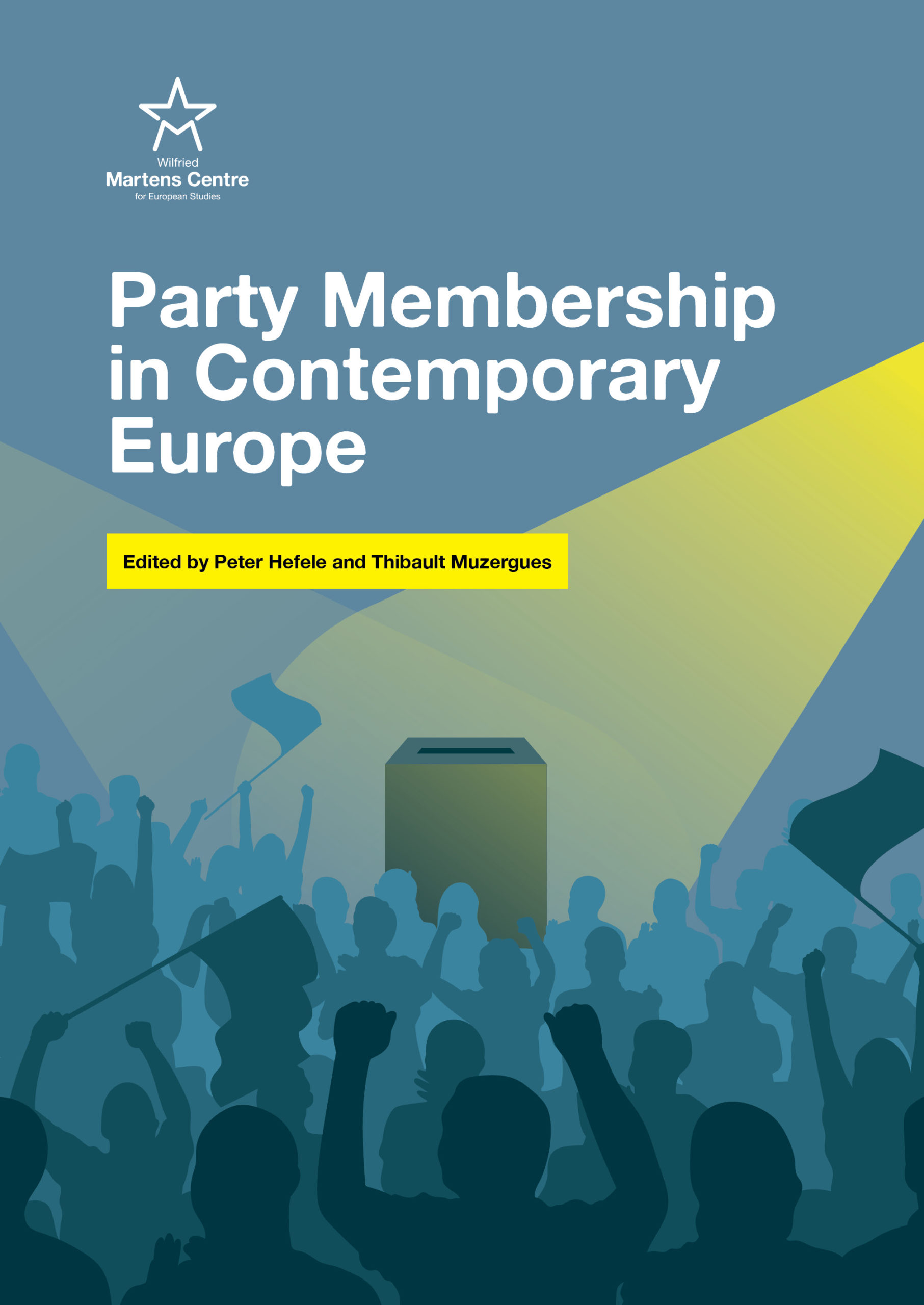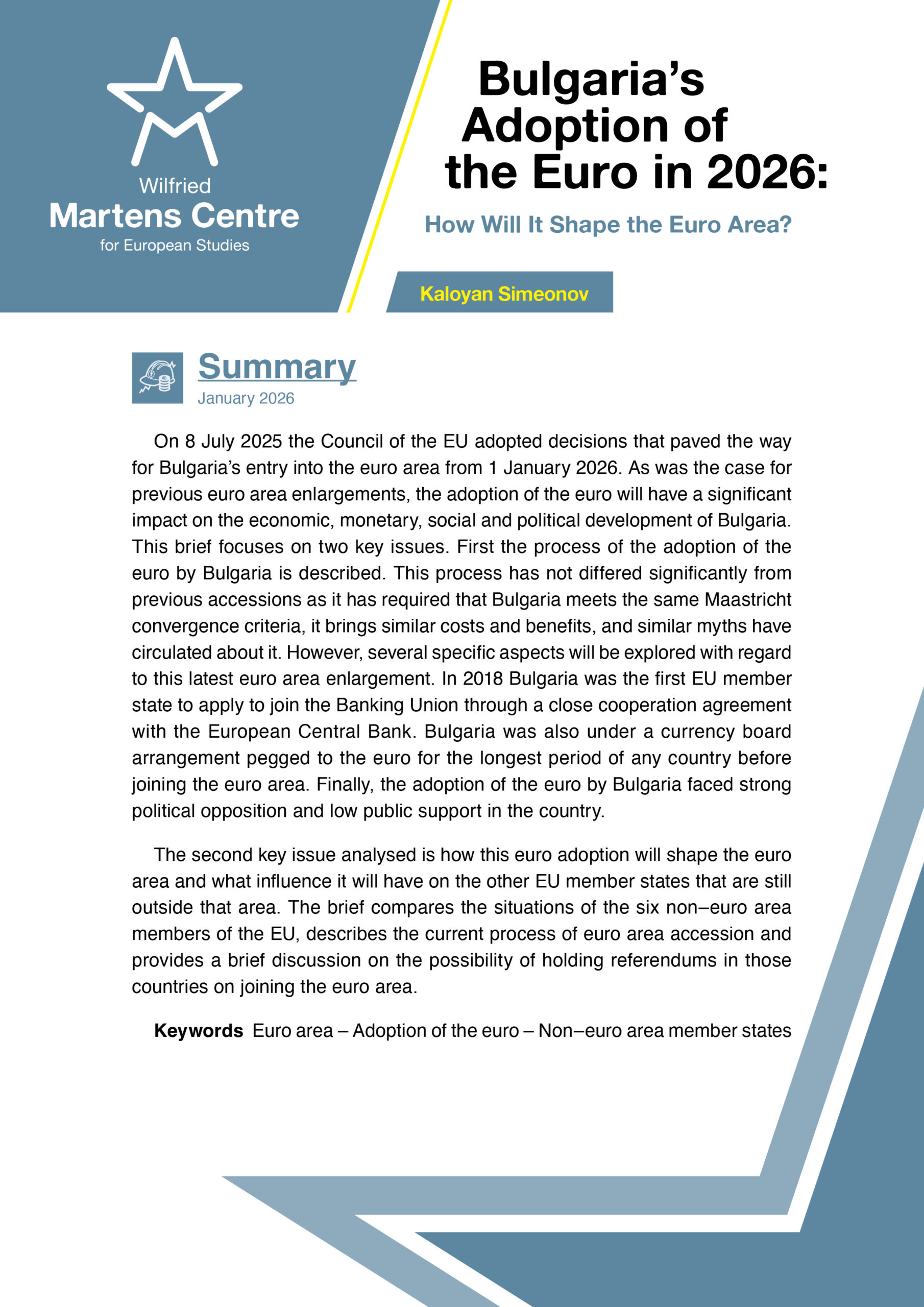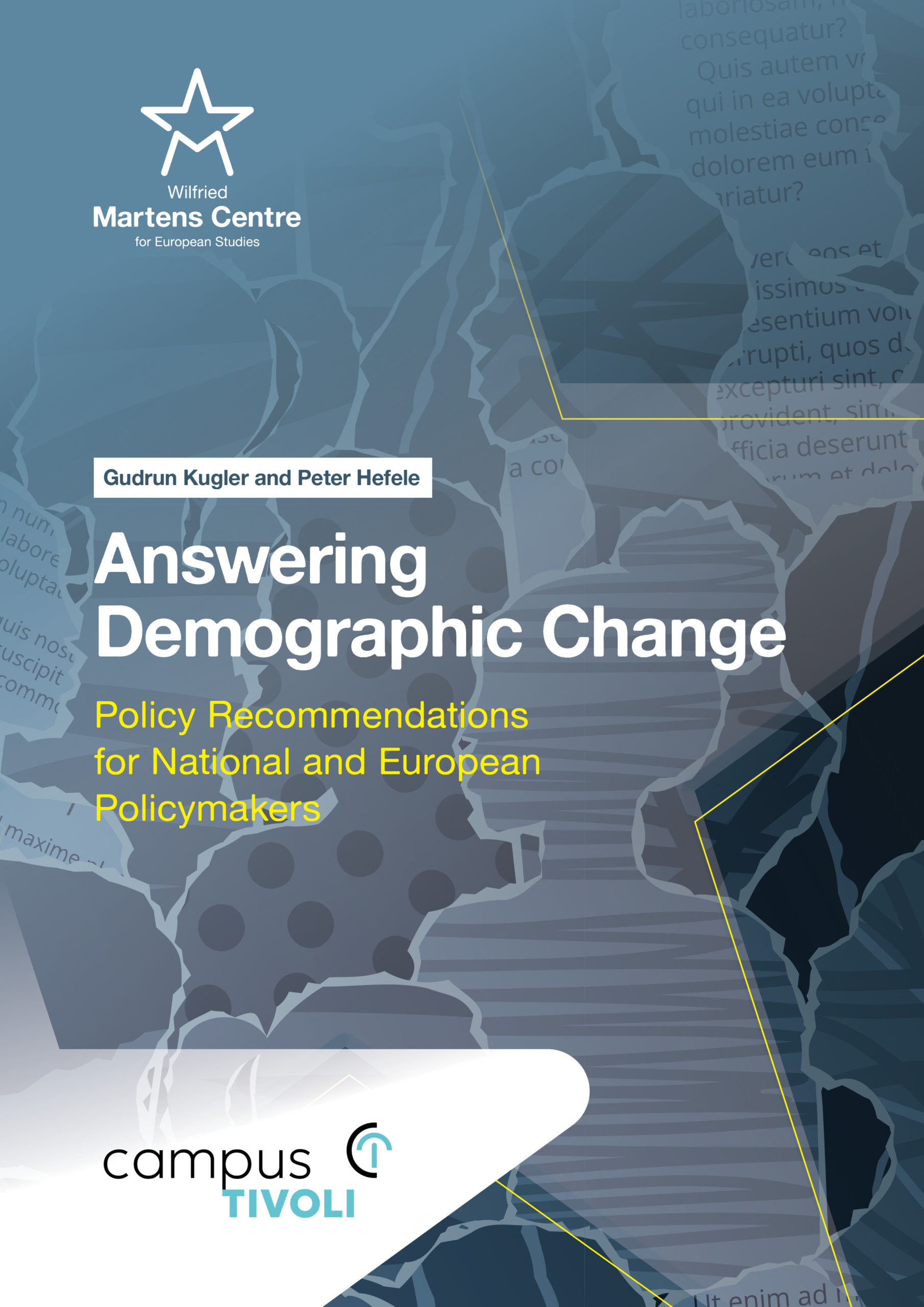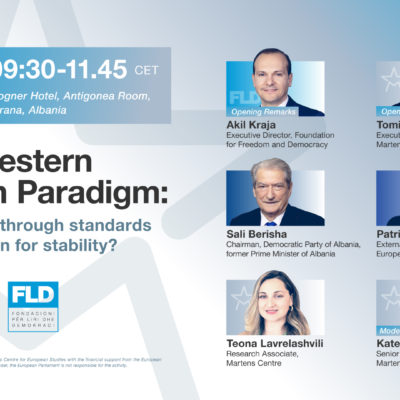Czech elections: it might not be the economy, stupid!
24 October 2017
The Czech parliamentary election took place on 20-21 October 2017. The election resulted in a victory of protest parties. Their triumph was more resounding than expected. The election outcome is clearly part of the revolt against the established elites that is spreading across the West. Consequences for Czech internal and external policies remain unclear.
Bafflingly, the populist triumph in Czechia occurred amidst economic growth of almost 3 per cent. Unemployment rates are at a historic minimum, 2.9 per cent, currently the lowest in the EU. 200 000 jobs are not filled, and salaries have been rising in line with the increased demand for labour. It was also the issues of salaries, not immigration, that dominated pre-election debates.
Whether an economic protest on that part of the population which feels left behind, or a cultural one against globalisation, or simply better communication by the various protest parties, support for those who profess challenging the establishment has never been so high.
Nine parties were elected to the Chamber of Deputies. This means a highly fragmented parliament. Composing a government that commands at least 101 deputies in a 200-member house will be an exercise fraught with difficulties. The four protest parties that made it to the chamber of deputies received 134 mandates. Astonishingly, they took the first, third, fourth and fifth position among the nine parties.
The ANO (Yes) movement of Andrej Babiš won by a landslide, receiving 78 seats. Babiš is a highly controversial figure. He is a billionaire who came to his riches during the privatisation process in the 1990s. He runs his movement as a private company (some people say he ‘owns’ his movement) and tolerates no internal dissent. He has been able to attract considerable new talent to politics–including a number of capable women–at a time when the other political parties continued complaining that no-one wanted to go into politics any more.
Babiš resembles Beppe Grillo, the leader of the Italian Five Star Movement, by espousing an eclectic, in fact unidentifiable, political programme, and by regularly contradicting himself. Like another Italian politician, Silvio Berlusconi, Babiš has been able to accumulate economic, media and political power. Like Berlusconi, he is a master of marketing, and like Berlusconi, he is being investigated by the police for fraud, a fact that does not disturb his voters.
Like Emmanuel Macron’s En Marche, Babiš’s ANO has bulldozed through the middle of the political spectrum, crushing the left parties and damaging the right. But unlike any of these figures, Babiš is suspected as having acted as an agent of the communist secret police before 1989.
Although he served as finance minister in the outgoing centre-left government, Babiš regularly claims that he is not a politician. He prefers handing out doughnuts to writing political programmes. His public rants match, in their tone, anti-establishment rants that you could overhear in any Czech pub on any day or night.
The Pirate Party, a newcomer to the chamber of deputies, ended up as the third party, having obtained 22 mandates. Their political programme is just as unidentifiable as ANO’s, although it does bear marks of multiculturalism and anarchism. The Pirates appealed distinctly to the young voters but their true colours remain a mystery, perhaps even to themselves.
The Freedom and Direct Democracy (SPD) party also received 22 seats. Led by the son of an immigrant, the straight-talking Tomio Okamura, the party takes inspiration from other European far-right movements. It promotes a referendum on Czechia’s membership in the EU, a legal ban on ‘Islamic ideology’ and close ties to Russia.
Finally, the Communists (KSČM), the fourth protest party, received only 15 mandates. This is a historic defeat for the Czech Communist Party who traditionally attracted most of the protest vote.
In a strange way, this defeat for the Communists symbolises the defeat of the political establishment in this election. Ostracised by other parties, the Communists have not taken part in any of the post-communist era governments at the national level. Their stances–an anti-NATO rhetoric and a mix of internationalism and anti-German sentiments–have made the party a predictable anti-systemic force in Czech politics. In this election, many of their supporters moved to the centrist ANO and to the far-right Freedom and Direct Democracy.
As for the political mainstream, the eurosceptic Civic Democrats (ODS), linked politically to the British Conservatives and the Polish Law and Justice party, surprised many by taking as many as 25 mandates, a marked increase from the 2013 election. The governing Social Democrats lost 35 mandates and ended up with just 15. This is a horrible defeat for a party that, along the Civic Democrats, used to form the backbone of the Czech post-communist era politics. Like elsewhere in Europe, the Social Democrat vote was swallowed by the far-right and the radical centre.
Also two pro-European centre-right parties linked to the European People’s Party did badly, barely scraping in to the Chamber of Deputies. The Christian Democrats (KDU-ČSL) and the liberal-conservative TOP09 received 17 mandates in total, as compared to 36 mandates in total in 2013. The Mayors movement, unattached to any EU-wide political movement, received 6 seats in this 2017 election.
Creating a governing coalition will be a gargantuan task, given the level of animosity against and among the protest parties and the rebellious mood in the new chamber of deputies. A lot depends on how Babiš behaves after he, presumably, forms a government with one or more other parties.
He may turn out a constructive figure, accepting responsibility for the country, its anchoring in the EU and NATO and taking a distance from his business and media interests. Or he turns the country’s economy into a branch of his business empire and joins the chorus of national populists who take pleasure in defying ‘the establishment’ and ‘Brussels’ without offering an alternative. It’s an open call.
In the near future, the two Czech EPP parties need to consider again whether they can survive as separate entities. In this election, they were lucky, as both just overcame the 5% threshold necessary to enter the Chamber of Deputies. Such luck may not occur again. Pro-European centre-right forces need to set aside their differences and consider integrating the Mayors movement which has shown willingness to cooperate.
TOP09 might consider widening its appeal beyond urban middle class and entrepreneurs. Finally, both TOP09 and KDU-ČSL need to offer promotion to female politicians in order to appeal to more sections of the electorate.
ENJOYING THIS CONTENT?




















